Pig Motel: How a Legendary Farmer Kickstarted a Career
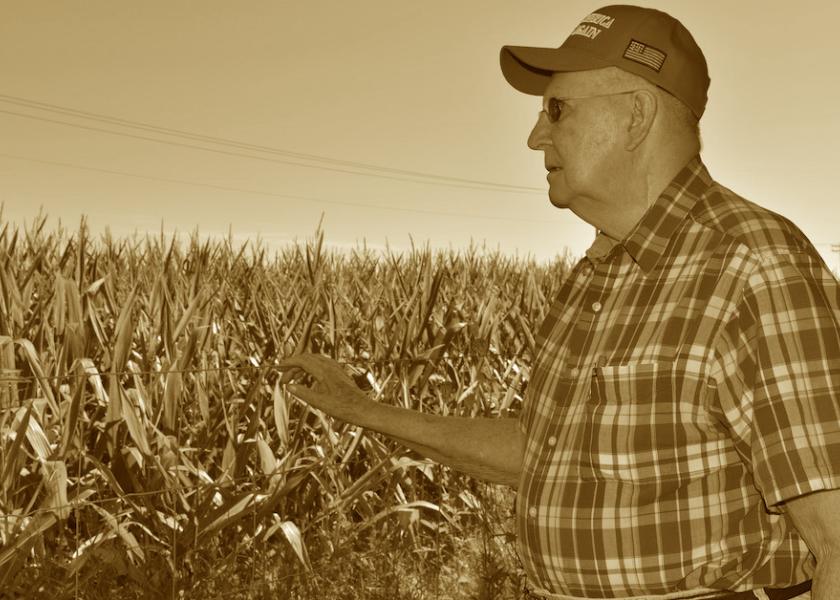
When Max Miller opened the Pig Motel and charged a mere 2 cents for room and board, the venture was about more than math. At 500-head capacity and two pennies per hog, he earned a lean $10 a day. However, the risky business led to major agribusiness success.
“It’s all about steppingstones,” Miller explains. “In farming and business, anyone can do well in the moment, but long-term success demands steppingstones, and our first one meant shoveling a lot of pig s***.”
Need a room at the Pig Motel? Only 2 cents per day and Miller’s life lesson is free.
Linking the Chain
Max Miller. Farmer entrepreneur. Legend.
Feed mills to fertilizer to grain bins to ag technology to food corn to farmland investment to coal mines, Miller took his swings at the plate and emerged with an outrageously high batting average. It all began with a Pig Motel.
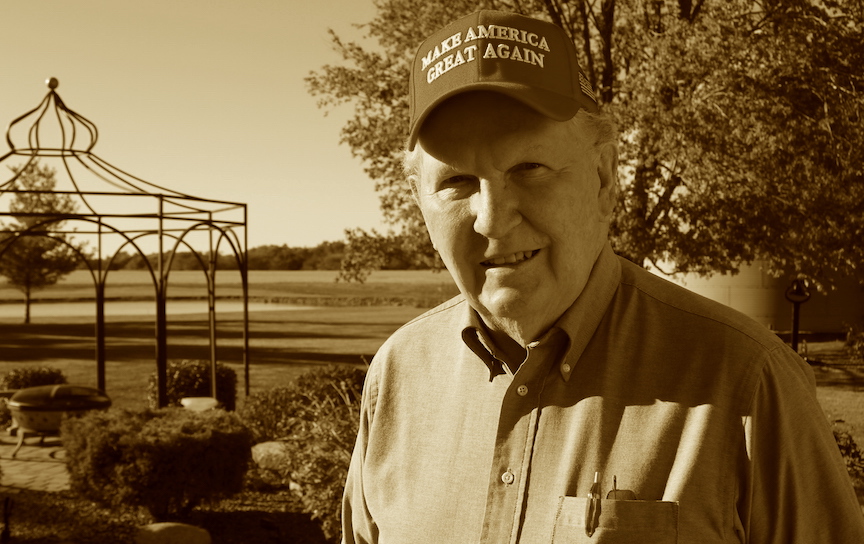
At 28 years old, alongside his brother, Fred, 26, Miller determined to make his mark beyond the rows in Coles County, Illinois—the east-central region of the Prairie State. Hunting for a means to supplement the family cattle and grain operation, the Miller brothers considered pork.
Driving across farmland in May 1959, Miller’s mind churned: “Ideas. We all have ideas that come to us on our farms and mostly we let them slip away,” recalls Miller, now a sharp 92 years old. “But I had this feeling about opportunity with hogs by feeding them to make money—even though we didn’t own any. Everyone around us had a few hogs, so me and Fred started brainstorming.”
“It was never about a home run,” Miller continues. “It was never about a game-changer. It was about two farming brothers who believed their future was in business and needed to start somewhere. The key was we were willing to test our ideas, work hard, start anywhere, and learn.”
The Pig Motel was born: The Millers built a large shed containing 10 pens beside a small feed mill on the west edge of Oakland, Ill. “Breeders, investors, farmers, whoever. We had 50 pigs in each pen for a total of 500, and I’d say we got them in at about 15 lb. each.”
“We charged 2 cents a day and made $10 per day. Anyone looking at this from the outside thinks it’s crazy, but guess what? It helped shape us, taught us how to run a business, and allowed us to start building a reputation for doing things right.”
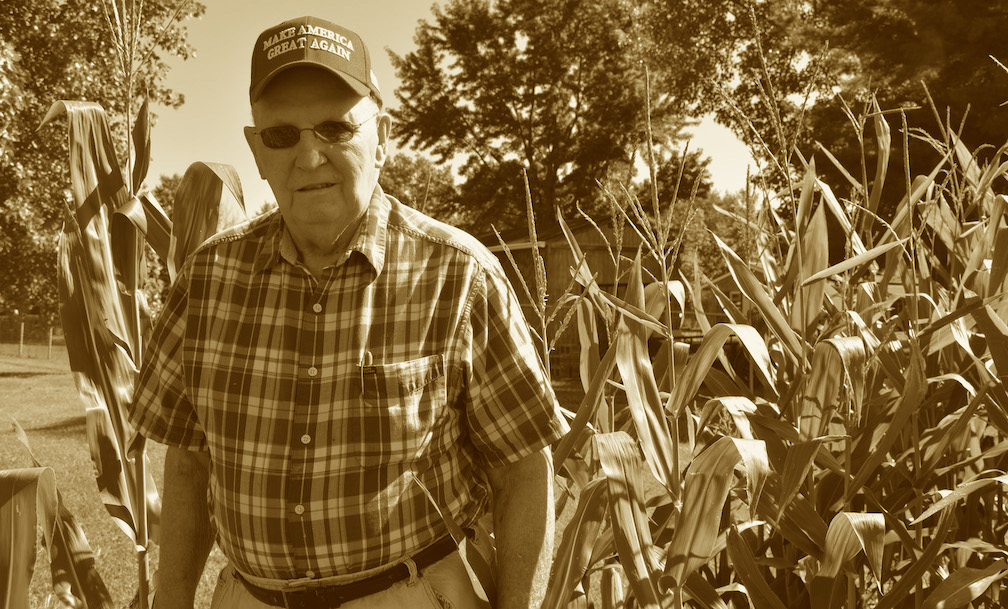
Two years into shoveling hog manure, Miller again spotted opportunity. “We converted the Pig Motel into a fertilizer bin and that business was next. And then came a bin business. We linked the chain.”
Bloodbath
In tandem with the rise of the picker-sheller, the Millers started MDM Supply Co., erecting bins in the Midwest when the era of grain storage was in its infancy. They also gained distributorship of a significant agriculture technology—Stir-ator, a bin auger to enhance grain drying.
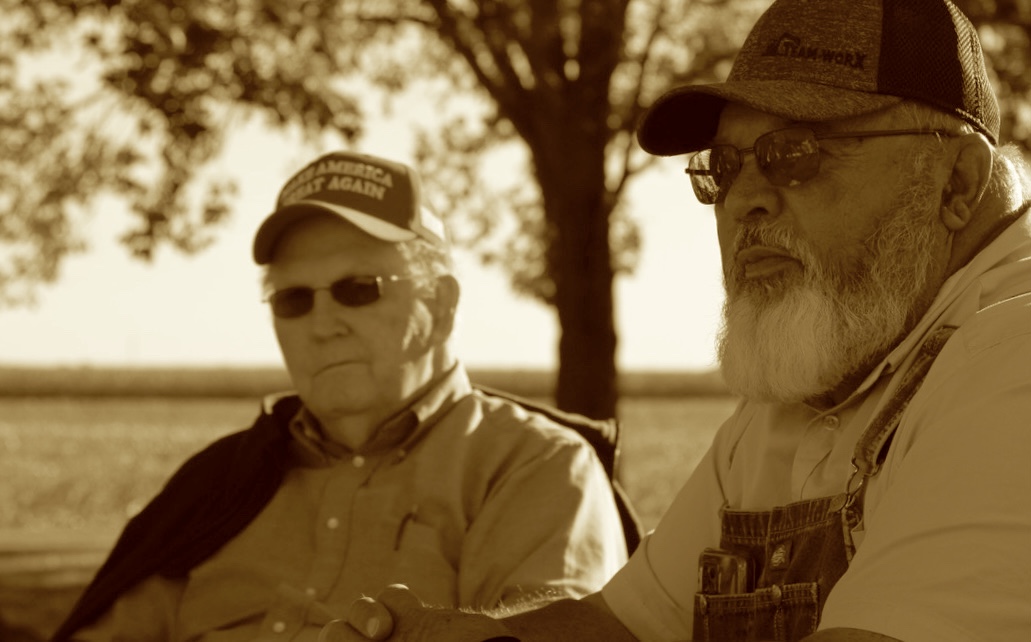
“We jumped on Stir-ator, but we ran into trouble. We sold 20 the first year, but when guys filled their bins with 28% moisture corn, it strained the machinery and we had to work out some kinks. But we fine-tuned it and Stir-ator turned into another good business decision.”
Next up? Shipping grain to Jack Daniels for several years; tapping a monster supply channel to Frito-Lay with a high of 1 million corn bushels per year; flipping farmland in Arizona and Texas; and selling out to Tabor Grain (ADM) and remaining as a salesman until 2000.
However, Miller’s business efforts weren’t all stellar, he emphasizes. “Our biggest screw-up was a coal mine, and maybe we shouldn’t have got so far away from farming,” Miller chuckles. “We invested in a coal mine east of Oakland, chasing a 5’ vein, and we hired a manager that didn’t know crap. We had cave-ins and chaos, and it was lucky nobody was killed. It was a financial bloodbath, and just filling in the hole cost something close to $70,000. Biggest hitch of my entire career.”
“Every farmer and businessman must learn from success and failure,” Miller adds. “They’re both coming.”
The Land Bull
The modern farm game is played by a new set of rules, according to Miller, but the field remains the same. “I still believe success is gained in steps. I still believe opportunity comes and you’re either ready to respond or not.”
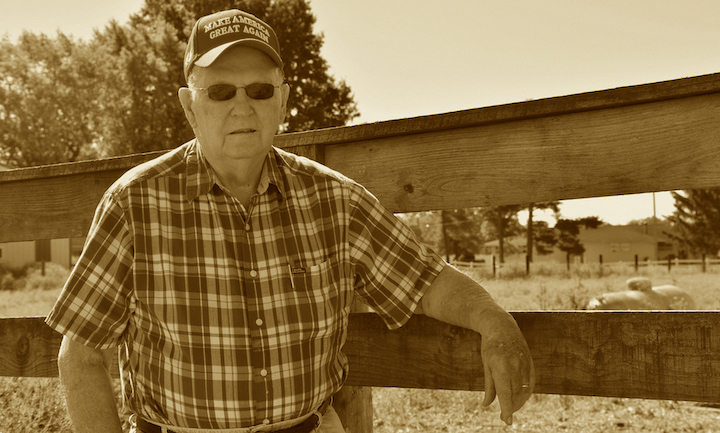
Miller’s agribusiness acumen was sharpened by his father, Howard, who taught the principles of delayed gratification. Originally from Pulaski County, Kentucky, Howard patiently bought small pieces of eastern Illinois farmland eventually totaling 700 acres, paying between of $125 to $400 per acre, bullish over the prospective value.
When Howard died in 1969, he presciently insisted the land would explode in value, Miller recalls. “Right before he died, my dad told me, ‘If you live long enough, you will see prices for this land at $1,000 per acre.’ He had not been gone 30 days before land around my area was bringing $1,000. And these prices today of $15,000 per acre would be quite a shock to him; they are to me.”
“My dad believed in his two sons, and I could never, never thank him enough for all he did for us,” Miller adds.
Any regrets for Miller? Only one, he humbly notes. “When I was young, I thought opportunity was created by me and all my hard work. But the truth is I wasn’t extra smart and other guys worked just as hard as me. Now I look back and realize the Lord presented each opportunity and I’m only ashamed it took me so long to see that.”
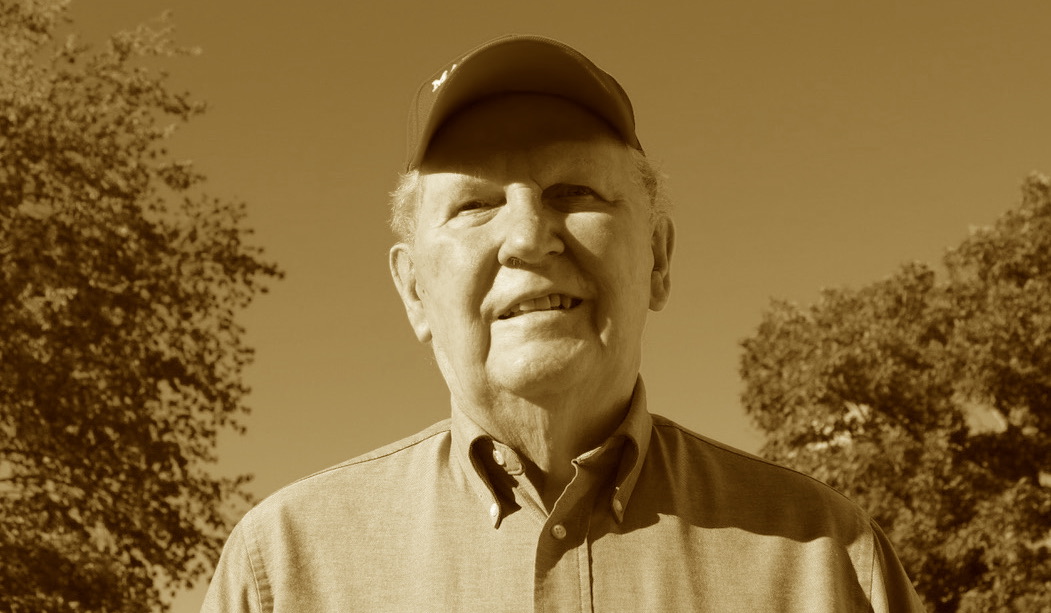
“I’ll tell any young farmers that you can’t account for opportunity’s arrival, but you can make sure you’re ready to recognize it and willing to act when it comes.”
Sixty-four years after tending 500 pigs at 2 cents per day, how does Miller view the venture?
“It helped shape us in farm business,” he concludes. “We never saw it at the time, but our success began with the Pig Motel.”
For more from Chris Bennett (cbennett@farmjournal.com 662-592-1106) see:
While America Slept, China Stole the Farm
Priceless Pistol Found After Decades Lost in Farmhouse Attic
Cottonmouth Farmer: The Insane Tale of a Buck-Wild Scheme to Corner the Snake Venom Market
Tractorcade: How an Epic Convoy and Legendary Farmer Army Shook Washington, D.C.







